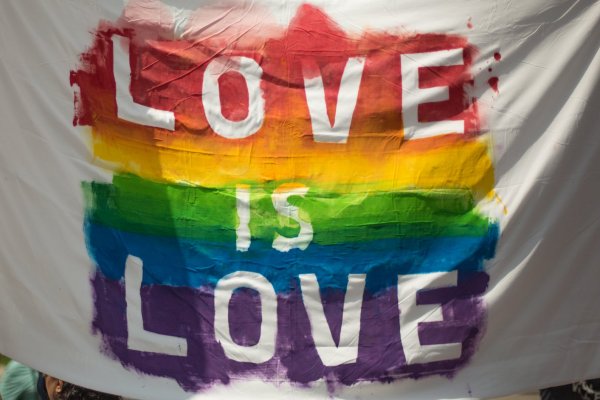6th November 2023
Listen
Listen

Opinion pieces are the view of the author and in no way reflects the view of the Liverpool Guild Student Media or Liverpool Guild of Students.
It’s the 21st century. We have seen many great things. Same-sex marriage was finally legalised in the United Kingdom in 2013, The Gender Recognition Act was passed in 2004 and The Equality Act was introduced in 2010. While these laws are a great stride towards political emancipation, there is still so much we need to improve socially.
For instance, the sudden pandemic has only highlighted the struggles that marginalised groups such as the LGBTQ+ community face. Already facing scrutiny from wider society, numerous individuals find themselves trapped at home with less than supportive families. Whilst many of us are fortunate enough to spend quarantine in peace with our loved ones, many LGBTQ+ people live in fear of their families. Some survive torture on a daily basis. The home should be a place to unwind, free of judgement; whether that entails bingeing a Netflix miniseries or taking a steamy, hot bath filled to the brim with lush bath bombs. But not everyone can relax in the comfort of their own homes. Instead, many are subject to constant, derogatory slurs by their own family members, contributing to a persistent feeling of being on edge. Some even being denied food because of their sexuality.
With figures showing that mental health issues are on the rise, the feelings of guilt and worthlessness associated with homophobia cannot be healthy for the victim’s wellbeing. Such toxic, abusive environments have sadly become so commonplace that many young people are forced to delay ‘coming out of the closet’. This is due to the danger that highly conservative families may pose during these unforeseen circumstances.
The Albert Kennedy Trust (AKT) is an organisation based in Manchester which aids LGBTQ+ people who are homeless or in hostile living environments. A spokeswoman for the charity claims that there has been a ‘high volume of referrals from young people,’ likely reflecting the demographic forced to self-isolate with family for economic reasons. This is very concerning as vulnerable LGBTQ+ people can no longer escape the house to seek refuge from more friendly, external sources. One of these would be socialising with understanding friends or moving away to university.
Many of us may take for granted the freedoms we are afforded in our family homes. We need to be aware that many members of the LGBTQ+ community are alienated in the same comfortable environment that we are accustomed to. It is important that we express our solidarity to our LGBTQ+ friends, neighbours or anyone that is struggling with homophobic parents to ensure that they do not feel alone during these turbulent times; whether it’s a one-hour phone call or a quick text message, please do check up on your loved ones.
If anyone is struggling in the Merseyside area, you can access counselling at Talk Liverpool or telephone nationwide LGBT+ helpline Switchboard from 10am-10pm.
Feature Image Credit: Pexels